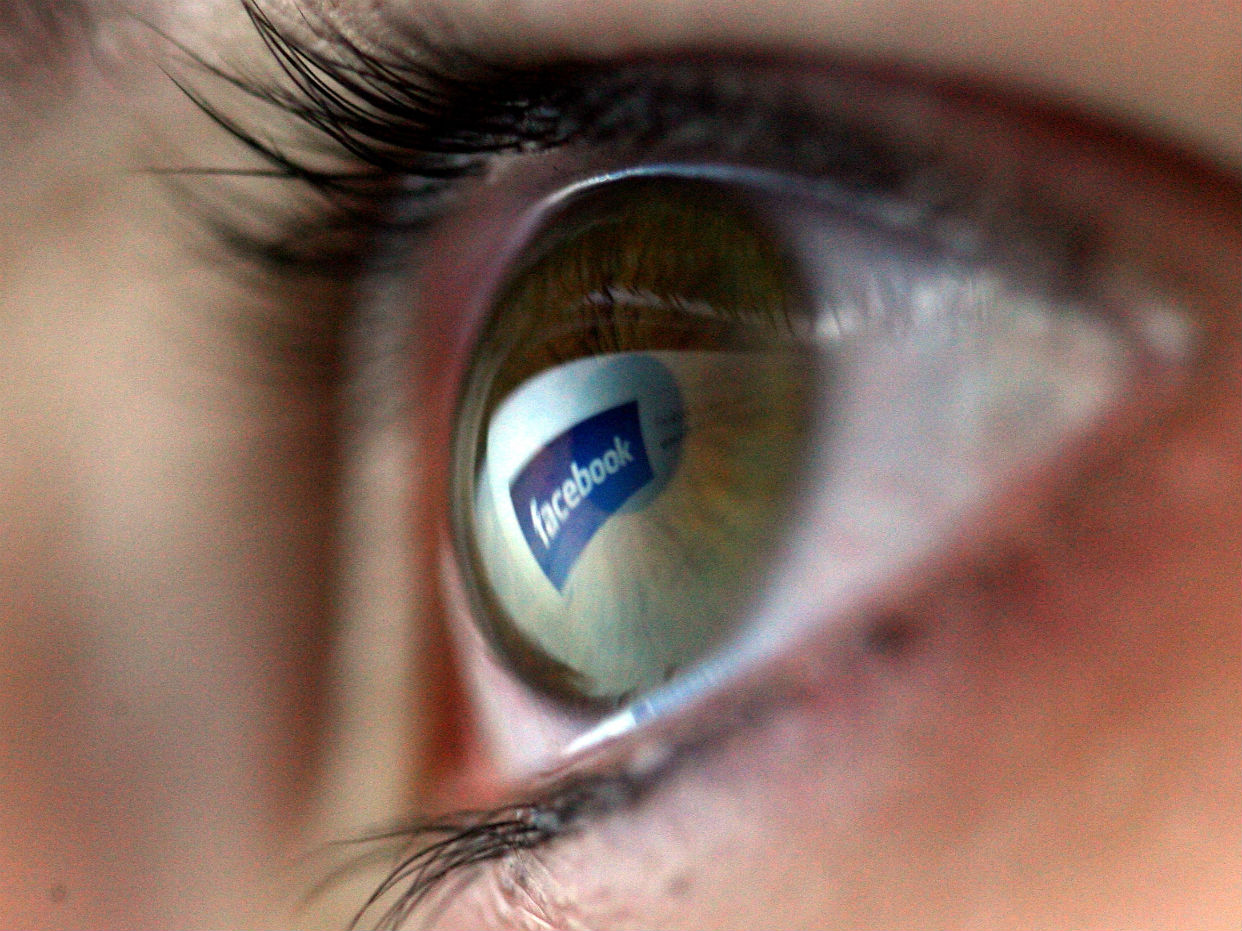Facebook asks users for nude photos to combat revenge porn
In an Australian pilot scheme, the social network will ‘hash’ sexual imagery to prevent it being uploaded to the site

A free daily email with the biggest news stories of the day – and the best features from TheWeek.com
You are now subscribed
Your newsletter sign-up was successful
Facebook is asking its users to send the company nude photos of themselves, as part of a new effort to tackle non-consensual sharing of intimate images.
Individuals “who have shared intimate, nude or sexual images with partners and are worried that the partner (or ex-partner) might distribute them without their consent can use Messenger to send the images to be ‘hashed’”, says The Guardian.
“This means that the company converts the image into a unique digital fingerprint that can be used to identify and block any attempts to re-upload that same image.”
The Week
Escape your echo chamber. Get the facts behind the news, plus analysis from multiple perspectives.

Sign up for The Week's Free Newsletters
From our morning news briefing to a weekly Good News Newsletter, get the best of The Week delivered directly to your inbox.
From our morning news briefing to a weekly Good News Newsletter, get the best of The Week delivered directly to your inbox.
The programme, being piloted in Australia with the country’s eSafety department, “is an attempt to give an element of control back to individuals who may face revenge-porn abuse”, says Alphr.
Australia’s e-safety commissioner, Julie Inman Grant, told ABC News that the move would allow victims of “image-based abuse” to take action, noting that one in five Australian women aged 18-45 have had intimate photos shared without their consent.
“We see many scenarios where maybe photos or videos were taken consensually at one point, but there was not any sort of consent to send the images or videos more broadly,” Grant said.
Around 4% of US internet users have been threatened with or victims of revenge porn, according to a 2016 report by the Data and Society Research Institute. And that figure rises to 10% among women under the age of 30.
A free daily email with the biggest news stories of the day – and the best features from TheWeek.com
Carrie Goldberg, a New York-based lawyer who specialises in sexual privacy issues, told The Guardian: “We are delighted that Facebook is helping solve this problem – one faced not only by victims of actual revenge porn but also individuals with worries of imminently becoming victims.
“With its billions of users, Facebook is one place where many offenders aggress, because they can maximise the harm by broadcasting the nonconsensual porn to those most close to the victim. So this is impactful.”
The company retains the blurred image for some time to ensure the technology is working correctly, and it is then deleted. However, “there may be fears that the images could be intercepted in transit, or could be accessed before they are deleted”, says the The Daily Telegraph.
Hashing technology has often been fooled by users simply resizing or cropping images, adds the paper, but Alex Stamos, Facebook’s chief security officer, said it was improving its technologies to address the issue.
“This is an initial pilot in Australia. We look forward to getting feedback and learning,” he added.
-
 What are the best investments for beginners?
What are the best investments for beginners?The Explainer Stocks and ETFs and bonds, oh my
-
 What to know before filing your own taxes for the first time
What to know before filing your own taxes for the first timethe explainer Tackle this financial milestone with confidence
-
 The biggest box office flops of the 21st century
The biggest box office flops of the 21st centuryin depth Unnecessary remakes and turgid, expensive CGI-fests highlight this list of these most notorious box-office losers
-
 Epstein files topple law CEO, roil UK government
Epstein files topple law CEO, roil UK governmentSpeed Read Peter Mandelson, Britain’s former ambassador to the US, is caught up in the scandal
-
 Iran and US prepare to meet after skirmishes
Iran and US prepare to meet after skirmishesSpeed Read The incident comes amid heightened tensions in the Middle East
-
 Israel retrieves final hostage’s body from Gaza
Israel retrieves final hostage’s body from GazaSpeed Read The 24-year-old police officer was killed during the initial Hamas attack
-
 China’s Xi targets top general in growing purge
China’s Xi targets top general in growing purgeSpeed Read Zhang Youxia is being investigated over ‘grave violations’ of the law
-
 Panama and Canada are negotiating over a crucial copper mine
Panama and Canada are negotiating over a crucial copper mineIn the Spotlight Panama is set to make a final decision on the mine this summer
-
 Why Greenland’s natural resources are nearly impossible to mine
Why Greenland’s natural resources are nearly impossible to mineThe Explainer The country’s natural landscape makes the task extremely difficult
-
 Iran cuts internet as protests escalate
Iran cuts internet as protests escalateSpeed Reada Government buildings across the country have been set on fire
-
 US nabs ‘shadow’ tanker claimed by Russia
US nabs ‘shadow’ tanker claimed by RussiaSpeed Read The ship was one of two vessels seized by the US military